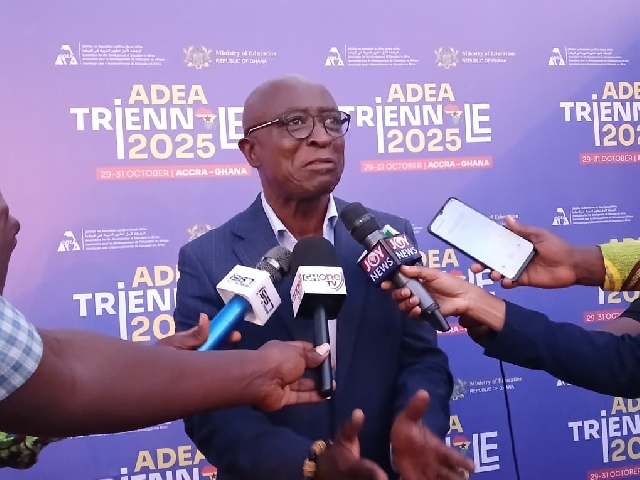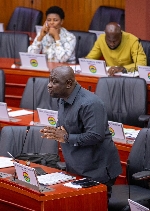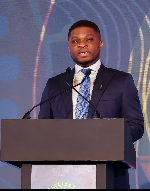Using local languages in cducation: A key to better learning outcomes
 Prof Kwame Akyeampong
Prof Kwame Akyeampong
The use of local languages in education is a crucial aspect of promoting better learning outcomes, especially in the early stages of a child's education.
According to Prof Kwame Akyeampong, a professor of international education and development, the evidence is clear that children who learn in their local language develop a better understanding of what they are learning and can transition smoothly into learning English.
Prof Akyeampong, who chairs the Global Education Evidence Advisory Panel, emphasised that the global evidence is incontrovertible: using mother tongue or local language in education is beneficial for children.
He noted that many times, the reason why local languages are not used in education is due to the fear that children will be disadvantaged if they don't start learning in English early.
However, Professor Akyeampong acknowledged that implementing mother tongue-based education can be challenging, especially in multilingual societies like Ghana.
He suggested that teachers should use languages that children understand to help them develop concepts, and that facilitators from the community can also be used to support children.
Professor Akyeampong emphasised the importance of commitment to implementing mother tongue-based education.
He noted that Ghana has not been consistent in its implementation of this policy and that it's time for the government to prioritise the use of local languages in education.
The benefits of mother tongue-based education are numerous.
Children who learn in their local language are more likely to develop a strong foundation in reading and mathematics, and they can transition smoothly into learning English.
Moreover, using local languages in education can help to promote cultural identity and preserve linguistic diversity.
In conclusion, using local languages in education is a key to better learning outcomes.
The global evidence supports mother tongue-based education, and it's time for Ghana to prioritise the use of local languages in education.
With commitment and practical implementation, Ghana can make progress in promoting better learning outcomes for all children.
Source: Classfmonline.com/Edem Afanou
Trending News

Tema–Dawhenya dual carriageway set for completion within two years — Kwame Agbodza
08:43
2026 budget was heavy on slogans but empty on substance – Davis Ansah Opoku
09:40
A/R: Suame main road blocked by artisans over unfinished road, health risks
18:19
Dismissal of interim application doesn’t alter substantive case, lawyer for ex-CJ Torkornoo insists
15:00
Kumchacha predicts NDC victory in 2028, says ‘NPP is like Genesis 11—full of confusion’
17:36
Kasoa–Winneba highway to be completed by June 2026- Roads Minister
08:36
First Lady interacts with St. Mary’s school girls, donates learning materials and interacts with scholarship beneficiaries
18:35
Ghana calls for renewed global action on diamond trade reforms at Kimberley Process Ministerial Meeting
16:50
YEA sends second cohort of 25 Ghanaian youth to UAE for professional driver jobs
13:48
Corrupt officials will face swift, decisive consequences, President Mahama warns ministers
19:26




